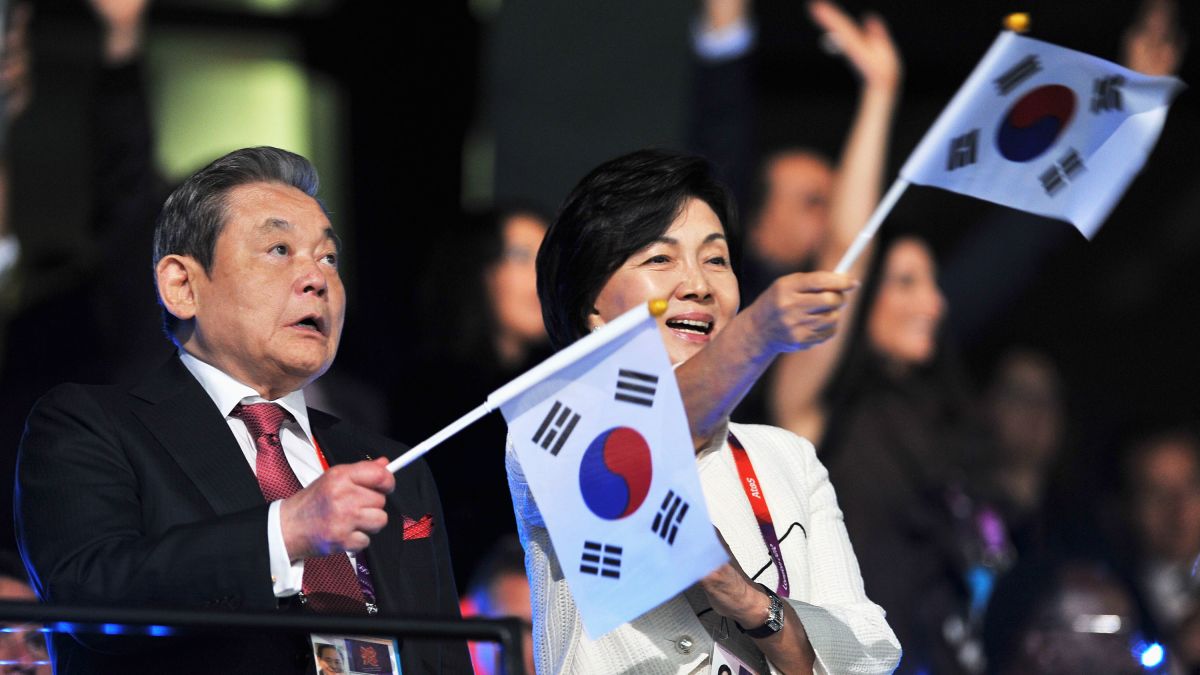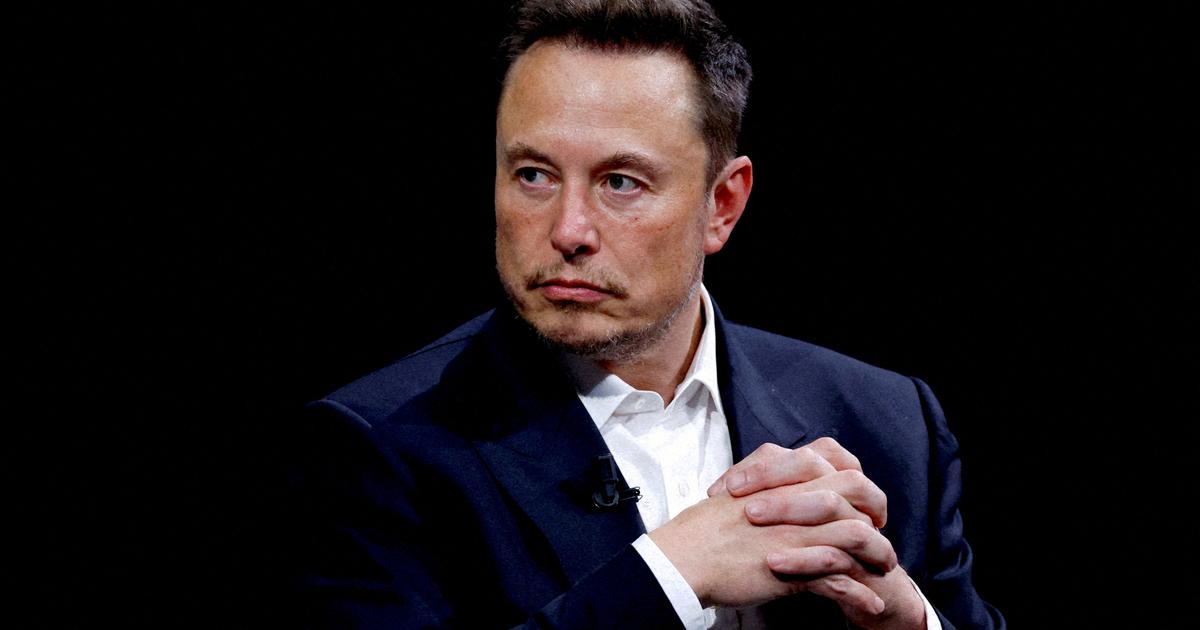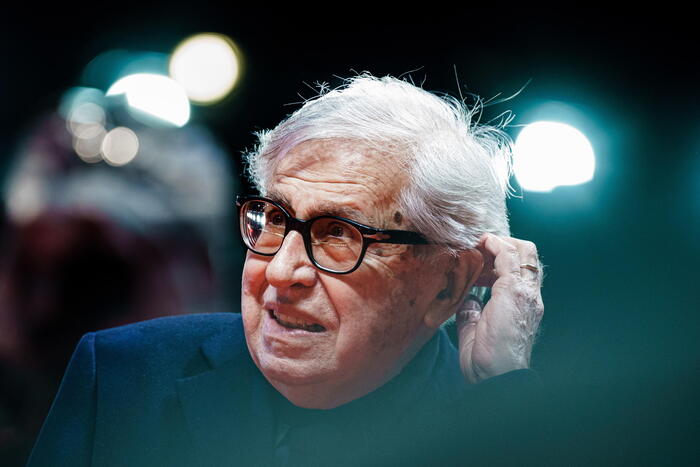Samsung leader could go to prison for these crimes 1:41
SEOUL (CNN Business) -
Lee Kun-hee, the controversial but legendary business titan who led Samsung's rise from a modest South Korean company to a multinational conglomerate, died Sunday at the age of 78.
Samsung called Lee a "true visionary who transformed Samsung into the world leader in innovation and industrial power" in a statement confirming his death.
Lee had been in a coma since he suffered a heart attack in 2014, but he remained the incumbent president of the company.
"All of us at Samsung will keep his memory and we will be grateful for the journey we shared with him," the company said.
Lee's son, Lee Jae-yong, has been the de facto leader of the company since his father's heart attack.
advertising
When asked if the vice president would take over as president from his father, Samsung declined to comment.
The birth of Samsung in the 1930s
Lee's father, Lee Byung-chul, created Samsung in the 1930s as a small business company and expanded into retail, electronics, and other fields.
When the elder Lee passed away in 1987, Lee Kun-hee inherited the company and spent the next decade transforming it into a global corporation.
In 1983 he famously called on his employees to "change everything but his wife and children" in his quest to lead the company into a new era.
Two years later, he ordered the mass burning of Samsung products that he deemed defective, defining his vision of a company that puts quality before quantity.
Lee's efforts were successful.
The conglomerate now trades everything from electronics and theme parks to life insurance.
It is a key supplier of memory chips and display screens for manufacturers such as Apple and Huawei, and has been the world's top seller of smartphones for several years.
The conglomerate is now the largest in South Korea, with 424.8 trillion won ($ 376 billion) in assets, according to the country's Fair Trade Commission.
It is bigger than any of South Korea's other "chaebol," the giant family conglomerates that dominate the country's economy.
Hyundai owns about half of the assets.
A leader
Lee "led South Korea's economic growth by making the semiconductor business the nation's leading industry," President Moon Jae-in wrote in a letter to the Lee family released on Sunday.
However, Lee's rise was not without great controversy.
Analysts have long said that the exchange of favors, bribes and political influence between politicians and businessmen is practically endemic in the country.
They also pointed out that several top executives of South Korean chaebols have been involved in some scandal.
Lee was convicted twice: once in 1996 on charges that he had bribed politicians, and again in 2008 on charges of tax evasion.
In both cases, he avoided jail and received presidential pardons.
In recent years, Lee's health has deteriorated.
He beat lung cancer, but was hospitalized for pneumonia and respiratory problems.
In 2014, he slipped into a coma after suffering a heart attack and never recovered.
The heir, in trouble
Lee's son and de facto leader of the company, who is also known as Jay Y. Lee, has faced legal troubles of his own.
He was convicted of bribery and other corruption charges in 2017 and served less than a year behind bars before an appeals court dismissed some of the charges and suspended his sentence.
And last month, the vice president was indicted for a controversial 2015 merger that helped him tighten his grip on the company.
It's unclear who will eventually inherit Lee's shares in the conglomerate.
Lee owns more than 4% of Samsung Electronics, more than 20% of Samsung Life Insurance and almost 3% of Samsung C&T, a construction and investment entity.
Its shares are worth billions of dollars.
Share prices of some of the company's publicly traded divisions soared in Seoul on Monday due to speculation about what Lee's death would mean for the conglomerate's structure.
The family may be forced to sell some of Lee's shares to pay a huge inheritance tax, according to Eun Kyung-wan, an analyst at securities firm Meritz.
Eun added, however, that a "complete restructuring" of the conglomerate is unlikely at this time.
"It will only be possible once the unpredictability of Lee Jae-yong's prosecution dissipates," Eun said.
Samsung









